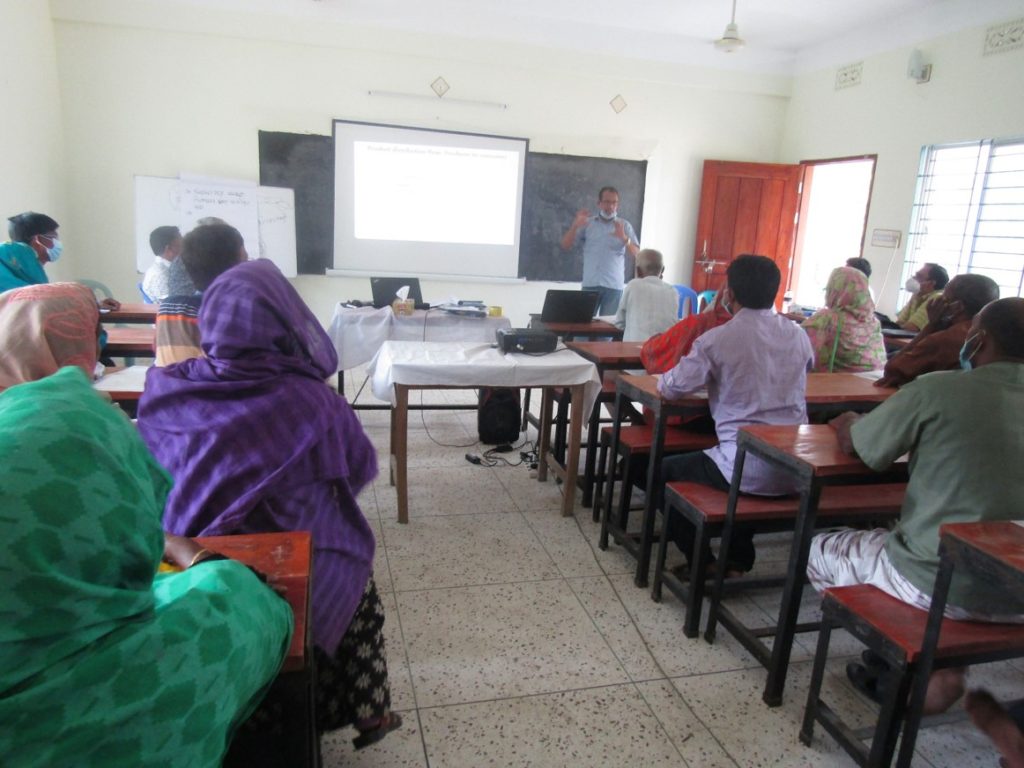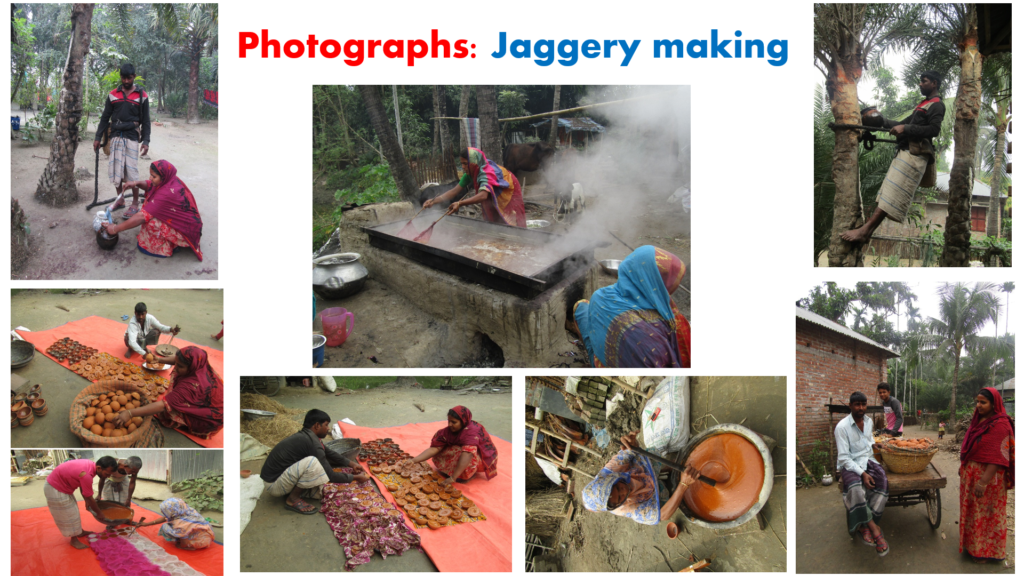Besides improving Bio-diversity, Nutrition and Production of the smallholders, SAFBIN works towards creating resilient value chain for smallholder farmers. A value chain in agriculture identifies the set of actors and activities that bring a basic agricultural product from production in the field to final consumption, where at each stage value is added to the product.
While most of our food is produced by our smallholder farmers, they also make up the majority of people living in poverty. Smallholder farmers are crucial in addressing many of our environmental challenges, however, they remain behind trying to overcome barriers that prevent them to achieving their fullest potential.
Many smallholders lack the knowledge and basic equipment they need to produce and process quality farm products. With limited market information, opportunities and transportation infrastructure to sell their surplus at good prices, farmers generally sell to traders for low prices directly from their farms, leaving them with little income.
SAFBIN has been committed to bring the focus of value chain development around farm components like fruits and vegetables which are considered to be crops of big farmers. Small farmers in South Asia struggle, with gaps around information, infrastructure, surplus aggregation and realisation of remunerative returns. Thus, farm products like fruits and vegetables are suitable areas for consideration as they can provide 2-4 times higher incomes to farmers and consume 40-80 percent less water per hectare in comparison to cereals.
Furthermore, consumer also needs quality products at affordable prices. This requires a sustainable agriculture value chain based on modern technology and diversified agricultural products.
The USP of the products that our farmers produce are:
– They are locally produced – They are chemical free and safe – Farm fresh – They have low carbon foot print – Produced with Less emissions
Keeping in mind these factors, SAFBIN initiated the Value chain process in Bangladesh and India while Nepal will begin shortly. Virtual meetings with the partners were conducted to generate a common understanding on the Value chain initiatives.
Following were the process undertaken by the teams to initiate Value chain in their respective countries:
Bangladesh: 1. Study for the identification Of Profitable Agro-Product (s) for Smallholder Farmers 2. Cluster wise Business plan
India:
1. Developed the Value Chain Plan
2. Identified the products
3. Formed one Producer Company

Both the teams have adopted two different approaches to Value chain action in their countries:
While Bouquet approach is adopted by Bangladesh which is small surplus of many products, India has adopted Commodity approach through collectivization which is Big Surplus of one or two products.
The farmers have taken the lead to identify the products that they will market under value chain:
In Bangladesh, the farmers will be focusing on selling locally produced fruits and vegetables at SAFBIN outlets at district and regional level. Farmers are also processing farm products to make Jaggary, Kumra Bori (Dried Pumpkin dumplings), Pickles and Mustard Oil.
 In India, farmers will be focusing on collectively selling crops like Millet, Soyabean and Gooseberries.
In Nepal, farmers have initiated plans to collect and process vegetables, turmeric and Ginger.
Since Pakistan does not have the value chain component in the programme, it doesnt have a formal plan, however, learning from the sharing of our farmers from the three countries, farmers have started collectively selling their crops to get better prices at the market.
In India, farmers will be focusing on collectively selling crops like Millet, Soyabean and Gooseberries.
In Nepal, farmers have initiated plans to collect and process vegetables, turmeric and Ginger.
Since Pakistan does not have the value chain component in the programme, it doesnt have a formal plan, however, learning from the sharing of our farmers from the three countries, farmers have started collectively selling their crops to get better prices at the market.